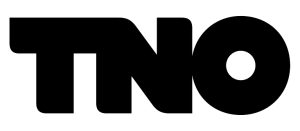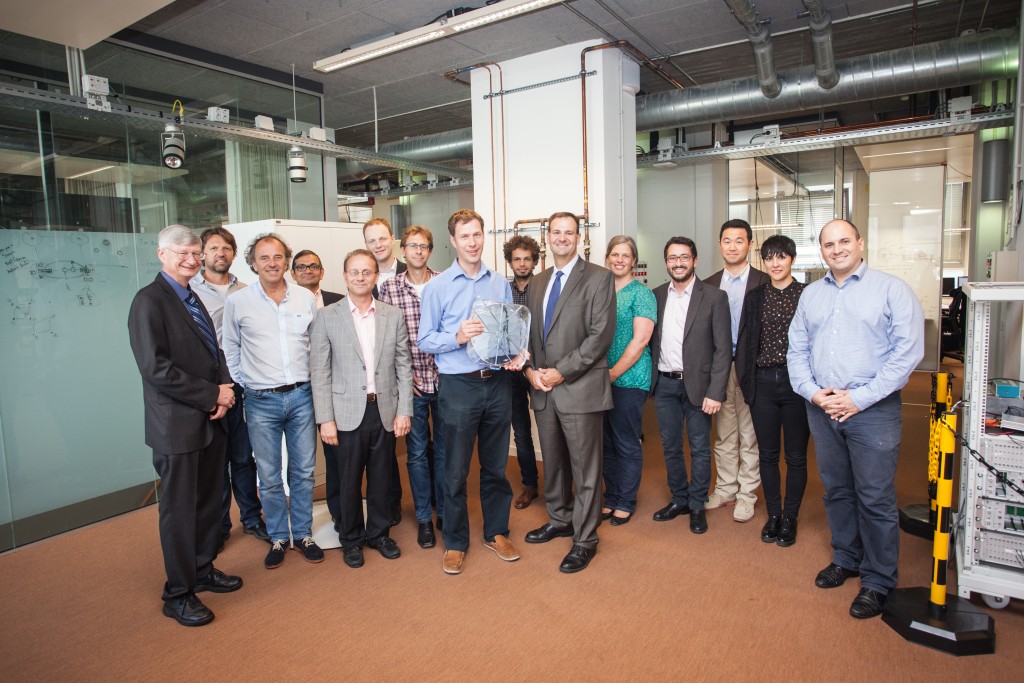Collaborations
Direct scientific collaborators in Delft
As part of both QuTech and the Kavli Institute for Nanoscience, we enjoy the presence of a vibrant scientific community that focusses not just on nanoscience in general and quantum nanoscience in particular, but also on the design and realization of novel electronic and coding architectures required for future quantum technologies.
Menno Veldhorst (QuTech) – spin qubit design and measurements
Giordano Scappucci (QuTech) – Si and Ge growth and devices
Fabio Sebastiano and Edoardo Charbon (QuTech) – CMOS cryo-electronics
Ryoichi Ishihara (QuTech) – quantum-classical interface
Slava Dobrovitskii (QuTech) – theory of spin dynamics
Leo DiCarlo (QuTech) – superconducting resonators
Yuli Nazarov (TU Delft) – spin qubit theory
Other scientific collaborators – experimental
Many of our experiments would not have been possible without the expertise and help of one or more of these experimental research groups at the forefront of scientific research.
Mark Eriksson (U. Wisconsin) – Si/SiGe quantum dot devices and measurements
Max Lagally and Don Savage (U. Wisconsin) – Si/SiGe quantum well growth
Werner Wegscheider (ETH Zurich) – GaAs/AlGaAs heterostructure growth
Michael Manfra (Purdue University) – GaAs/AlGaAs heterostructure growth
Floris Zwanenburg (U. Twente) – Si-MOS substrates
Other scientific collaborators – theory
Also, we depend on a large group of theorist around the world to provide us with a steady stream of ideas for optimization and future experiments as well as large matrix diagonalization services.
Sue Coppersmith and Mark Friesen (U. Wisconsin) – Si/SiGe quantum dot theory
David DiVincenzo (Forschungszentrum Jülich) – spin qubit theory
Ignacio Cirac (Max Planck Institute for Quantum Optics) – spin qubit theory
Daniel Loss (U. Basel) – spin qubit theory
Jake Taylor (NIST, JQI) – spin qubit theory
Mark Rudner (U. Copenhagen) – spin qubit theory
Engineering support from TNO

As part of the QuTech institute, we enjoy the direct assistance of engineers from the Netherlands Organization for Applied Scientific Research (TNO), some of whom work as our direct colleagues. We would like to highlight their Intelligent Imaging group, whose input proves invaluable in our ongoing efforts to optimize calibration routines, as well as the Nano Instrumentation group, that helps us push the boundaries of device design and characterization.
Towards industrially-fabricated quantum dot arrays
Late 2015 we have set up a broad and long-term collaboration between several research groups at the QuTech institute and Intel Corporation. In this collaboration, we try to leverage the relative strengths of both industry and academia in a joint effort towards scalable and fault-tolerant quantum computing. See [here] for the press release.
